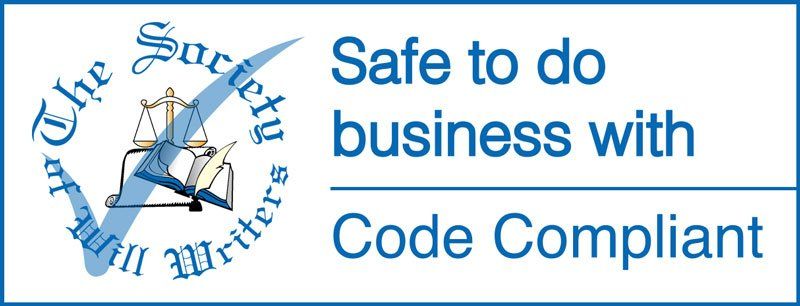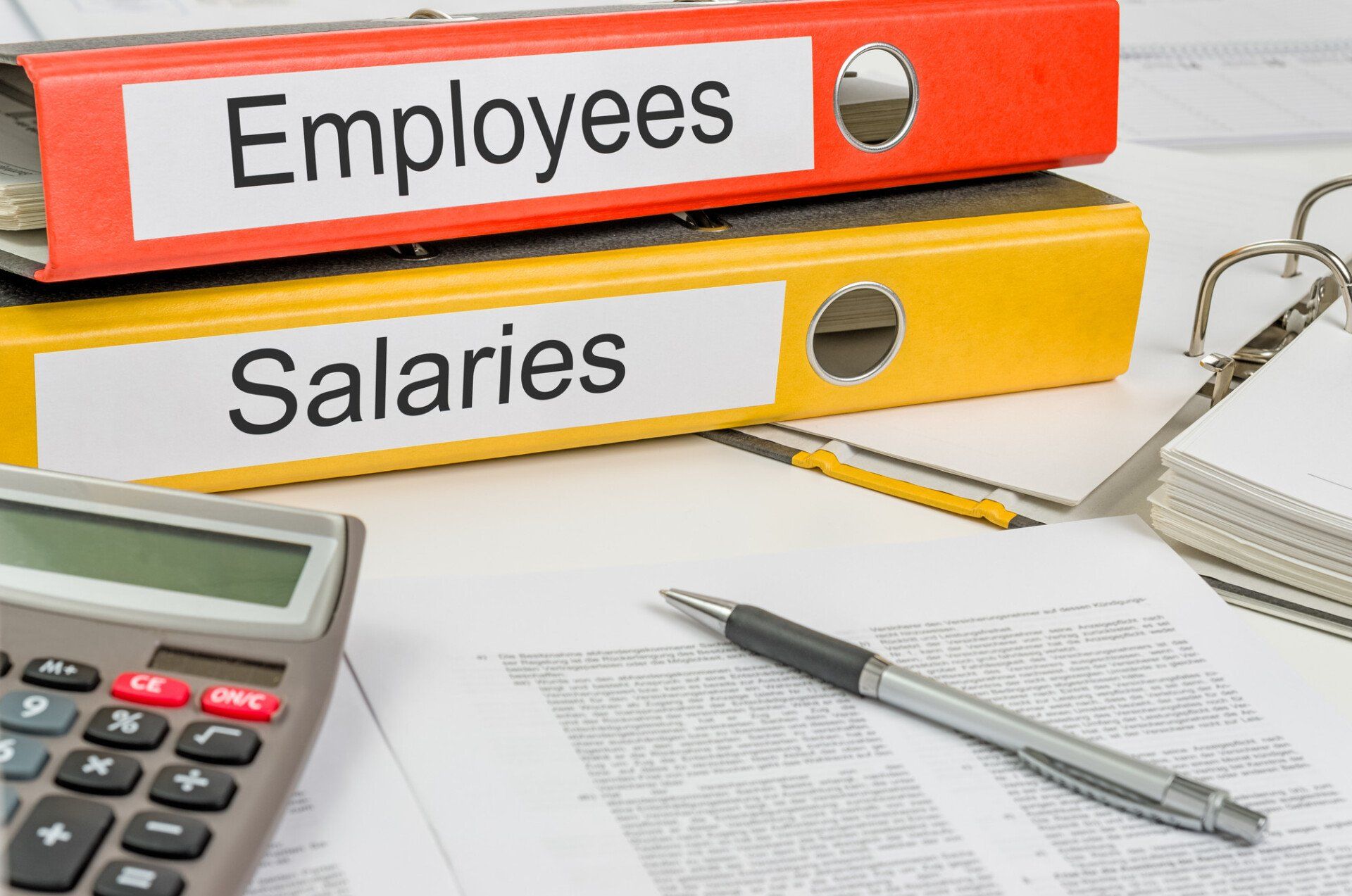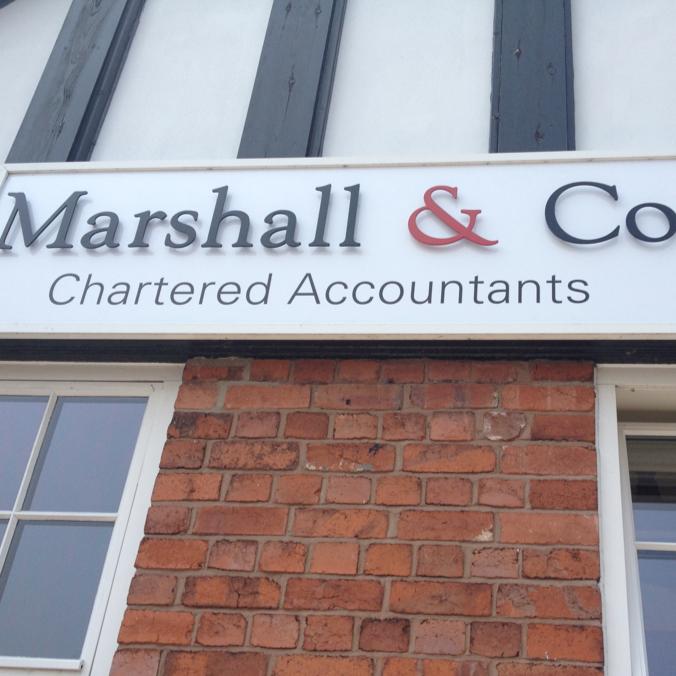Everything You Need To Know About Making A Will
Making a will helps protect loved ones after your death and ensures your estate is dealt with in a way that aligns with your wishes.
From choosing beneficiaries to seeking expert advice, here’s everything you need to know about making a will.
What is a will?
A will is a legal document that outlines your wishes for what should happen after you die.
It can include how you would like your money and possessions to be redistributed after your death, as well as any preferred funeral plans and care arrangements for your children, if you have any.
A will is legally-binding, but you’ll need to ensure that it’s valid and up to date.
Why do I need to make a will?
It is important to make a will regardless of the quantity or worth of any possessions you own.
Here’s why you should consider making a will if you haven’t done so already:
● Dying without a will means your money, property and possessions may be distributed in a way you would not have wished for. This is because there are several strict rules and regulations that dictate how your belongings and finances are allocated in the absence of sufficient legal documentation.
● If you and your partner are not married or in a civil partnership, your death could cause them serious financial problems. This is because under English law, unmarried partners aren't entitled to anything from your estate unless specifically stated in your will - no matter how long you've been together. For example, if the family home is in your name, your unmarried partner and children could lose their house.
● It’s never pleasant to think about the future of your children if something bad were to happen to you. But in worst case scenarios, you’ll need to have made arrangements so they can be cared for. Through a will, you can appoint legal guardians to your children in accordance with the law. Without it, the decision of who takes care of your children could be left to family courts. This could result in an outcome you would not agree with.
● A will also offers your children financial protection in the event of your death. This could mean allocating funds to their higher education, setting aside money for their clothing and hobbies or even setting up a trust to grant you more control over how the money is spent.
● Unfortunately, a contested will or absence of a will altogether can cause significant family conflict. To avoid hurt feelings and damaged relationships, a well-prepared legal document can clarify your final wishes and allow everyone to move on with more ease.
● A will can also reduce inheritance tax. For example, money and property left to your spouse or civil partner will be automatically exempt from inheritance tax, while leaving property to your children and grandchildren is also likely to generate a lower inheritance tax bill than leaving it to others.
● An overlooked aspect of making a will is protecting your digital assets. You’ll need to consider whether you’ll want your social media accounts maintained or deactivated, and provide any passwords to your will executor if you wish.
What do I need to consider when planning my will?
There are several factors you’ll need to keep in mind during the planning process of creating your will. From who gets what to how much you’ll leave, you should aim to think about the basics before seeking assistance from a professional.
Think about who your beneficiaries will be
The first step in planning your will should be considering who you want to benefit from your estate. Essentially, ask yourself which people you want to leave your money and property to. These people are known as beneficiaries.
You could include:
- Your partner/spouse/civil partner
- Your children
- Other family members
- Friends
- Charities
Calculate the worth of your assets
You’ll also need to roughly calculate the worth of your assets - including money, possessions and property. It’s usually wise to note down the value of savings and prized family heirlooms first, before moving on to pensions, businesses, insurance policies, investments and property. It’s worth noting you’ll need to check with your pension scheme before involving it in your will proceedings.
Don’t forget to include sentimental items you might want people to have.
Think about the division of your assets
Next you’ll need to work out how you want to split your money and property.
In legal terminology, a gift that you’d like to leave someone in your will is known as a ‘legacy’ and there are several types of these:
● A pecuniary legacy - this is a fixed sum of money to a particular person. For example, you might leave £1,000 to each of your granddaughters.
● A specific legacy - this when you want to leave a specific item to a specific person. For example, you might want to leave your engagement ring to your daughter.
● A charitable legacy - this is when you leave a gift to charity in your will. Gifts to charity are exempt from inheritance tax.
● A residual legacy - this is when the rest of your estate is left to certain people. These beneficiaries will receive the 'residue' of the estate, which is the amount left after tax, debts and other legacies have been paid. If you're leaving residual legacies to multiple people, you'll need to say what percentage each person gets.
● A reversionary legacy - this is when you leave a legacy to someone else if the original person you left it for dies. For example, making arrangements to leave your house for your son if your wife dies.
Assign a will executor
Executors are in charge of your estate after you die, as well as making sure your wishes are respected. They will be expected to collect together all the assets of the estate, deal with all the paperwork and pay all the debts, taxes, funeral and administration costs out of money in the estate. While relatives and friends are often appointed as executors, you might also approach a solicitor or accountant. It’s worth noting that the role involves a considerable deal of work and duty so it’s important that whoever you choose is willing to take on the responsibility.
Check inheritance tax regulations
There is normally no tax to be paid if:
● the value of your estate is below the £325,000 threshold or
● you leave everything above the £325,000 threshold to your spouse or civil partner, or
● you leave everything above the £325,000 threshold to an exempt beneficiary such as a charity.
Inheritance tax can be a complex field to manoeuvre, so talking to an accountant about this can help you understand your situation with more clarity.
What makes my will valid?
Wills that are not legally valid can cause problems. If you die without leaving a valid will behind, under strict regulations your estate may be distributed in ways you would not have wanted. There are several things you will need to do to make sure your will is valid:
● It must be made by a person who is 18 years old or over.
● It must be made voluntarily and without pressure from any other person.
● It must be made by a person who is of sound mind. This means the person must be fully aware of the nature of the document being written or signed and aware of the property and the identity of the people who may inherit.
● It must be made in writing and signed by the person making the will in the presence of two witnesses.
● It must also be signed by the two witnesses, in the presence of the person making the will, after it has been signed.
A witness or the married partner of a witness cannot be someone who would benefit from a will. If a witness is a beneficiary (or the married partner or civil partner of a beneficiary), the will is still valid but the beneficiary will not be able to inherit under the will.
While undated wills are still legally valid, it’s sensible to ensure that the will also includes the date on which it is signed.
As soon as the will is signed and witnessed, it is complete.
Where should I keep my will?
You should store your will in a safe location, where it is unlikely to get lost or damaged. Wills are commonly kept at home, with lawyers and accountants, and in banks. If you’re planning on keeping your will at home, storing it in a safe can protect it from theft and damage.
Should I seek expert advice?
If you’re unsure about any of the steps required in the process of making or amending a will, it might be a good idea to speak to an expert.
At Marshall & Co Accountancy, we specialise in delivering probate and estate administration services to members of the public. We can help take care of your probate administration and estate administration needs, including will planning and will creation, estate planning assistance and offering advice on inheritance tax, trusts and estates. Contact us today to find out what we can do for you.
Contact
Call
01270 882 300
St Mary's House, Crewe Rd, Alsager, Stoke-On-Trent ST7 2EW
Accreditations
 ICAEW CHARTERED ACCOUNTANTSWrite your caption hereButton
ICAEW CHARTERED ACCOUNTANTSWrite your caption hereButton ICAEW ACCREDITED FOR PROBATEWrite your caption hereButton
ICAEW ACCREDITED FOR PROBATEWrite your caption hereButton Write your caption hereButton
Write your caption hereButton Write your caption hereButton
Write your caption hereButton Write your caption hereButton
Write your caption hereButton
Established in 1993, Marshall & Co is a trading name of Emma E Marshall-Birks and Marshall Accountancy Ltd, company number 9425767, registered in England and Wales and whose registered office address is St Mary’s House, Crewe Road, Alsager, Stoke-on-Trent, Staffordshire ST7 2EW.
A Member of the ICAEW Practice Assurance Scheme. Registered to carry out audit work in the UK & Ireland and authorised to carry out the reserved legal activity of non-contentious probate in England and Wales by the Institute of Chartered Accountants in England and Wales. Principal and Director: Emma Elizabeth Marshall-Birks BA (Accounting & Law) MBA FCA BFP


